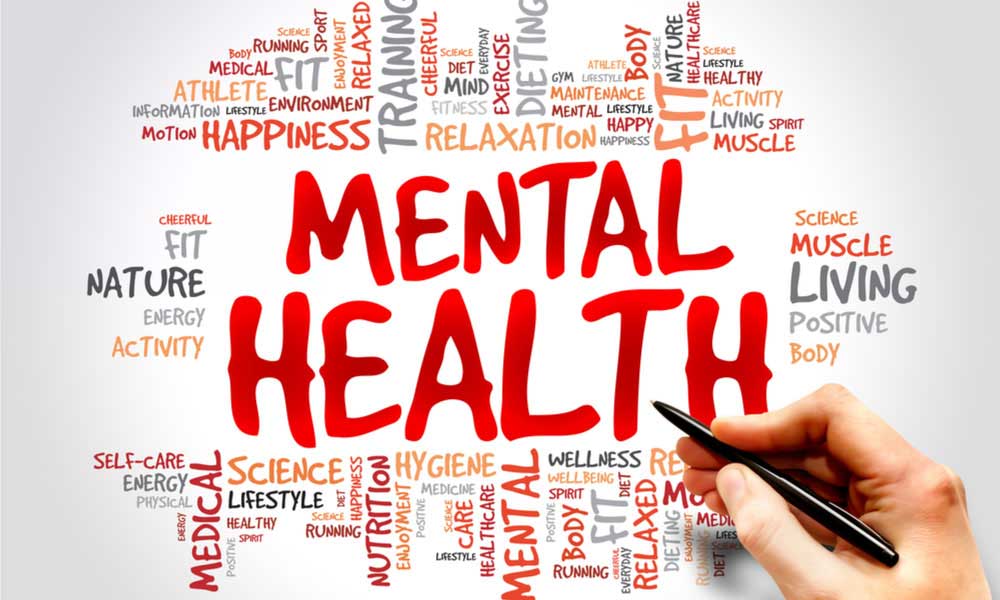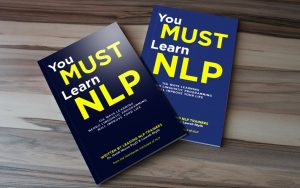Anxiety, depression, fears, addictions, instability – all of these mental health issues (and more), are created by a chemical reaction in your body which is triggered by a conscious or unconscious pattern. Generally, anything you might work with a psychologist or psychiatrist for in regard to mental health can be helped by NLP.
A person’s mental healthiness is formed greatly during childhood and adolescent years, and as we progress through life, various environmental factors impact us too. I’m sure you’ve heard the saying “its not what happens to you but how you react to it that matters”. Largely, how you react is unconscious conditioning which releases chemicals into your system which create a response.
Most people are not consciously aware of what their triggers are – it could be a smell, a thought, a colour, a sound – anything! And, there are somewhere around 2,000,000 bits of information coming into our awareness at any given moment, so it is unlikely that you would always be able to pinpoint what specifically is triggering an unresoureful state or emotion.
A great thing about NLP, as you will learn, we don’t need to know what the triggers are and we don’t need to know what chemicals are being released. What we do need to know is what the emotional feeling is, and how you would rather unconsciously react instead.
With the tools of NLP, you will better understand the various patterns you experience of emotions and behaviours. Additionally, you will learn how to recognise, communicate with and transform unresourceful patterns of thought, emotion, behaviour and beliefs. Using simple strategies, NLP will help you to take charge of your mental health to create a more healthy, robust and resilient mindset.







